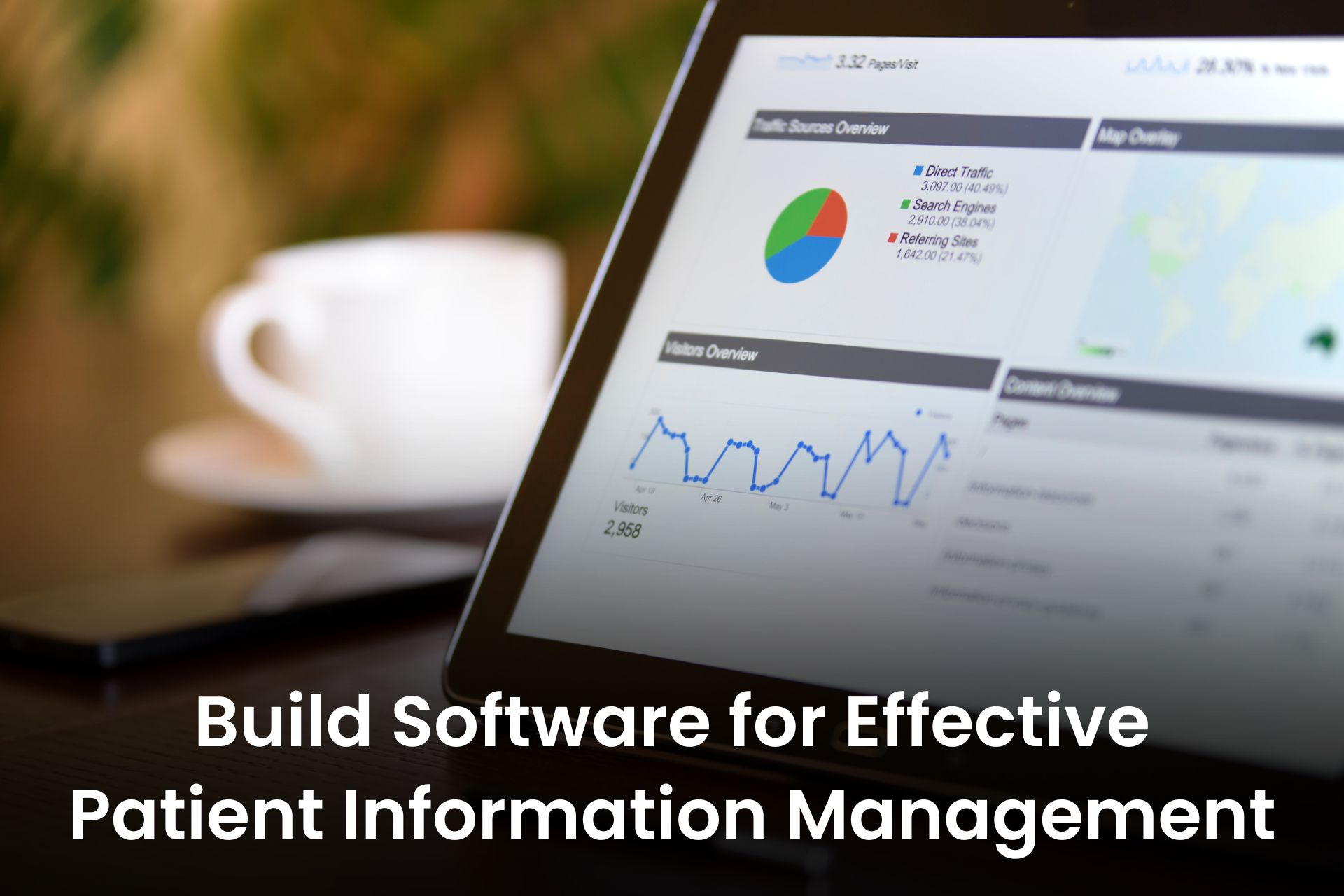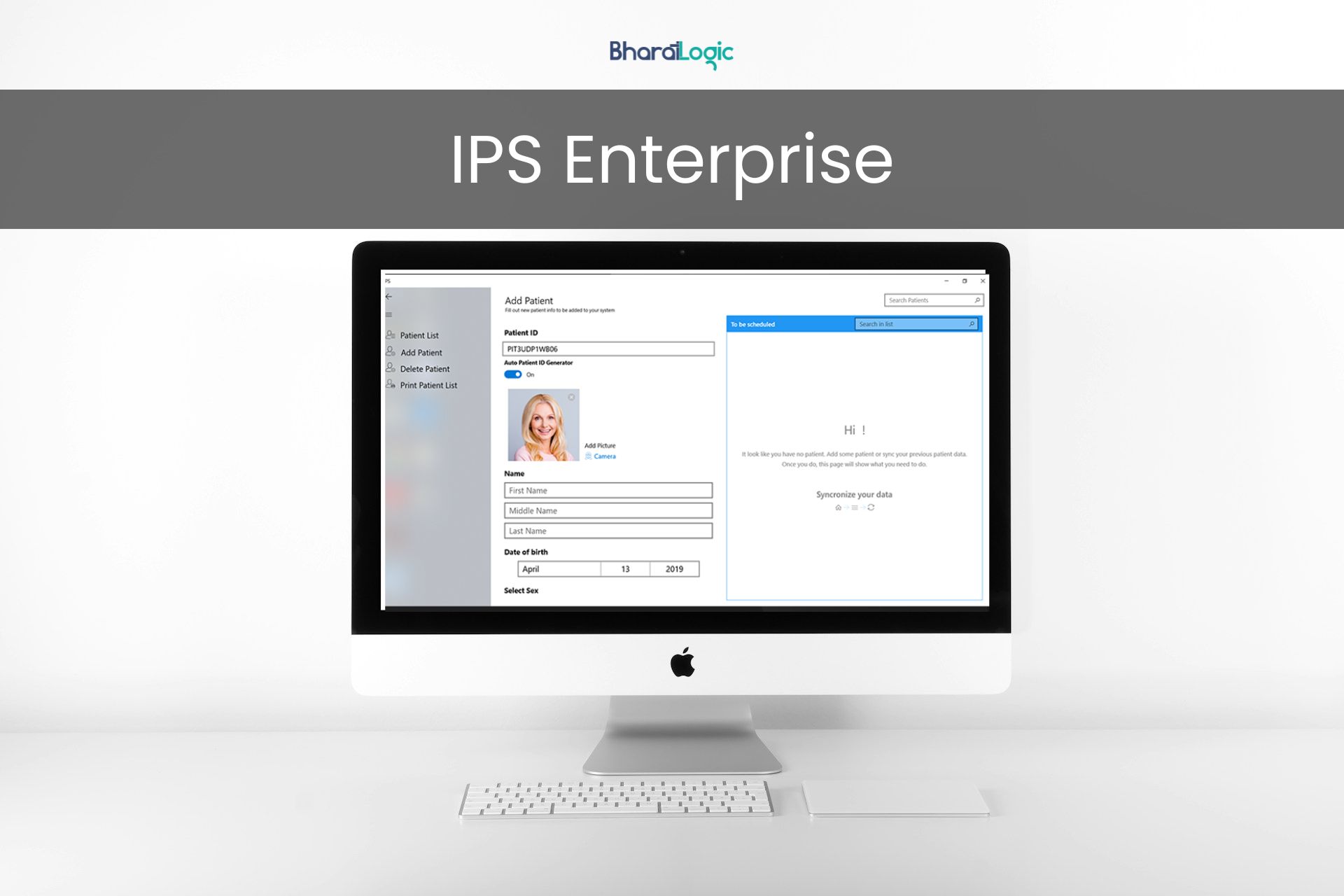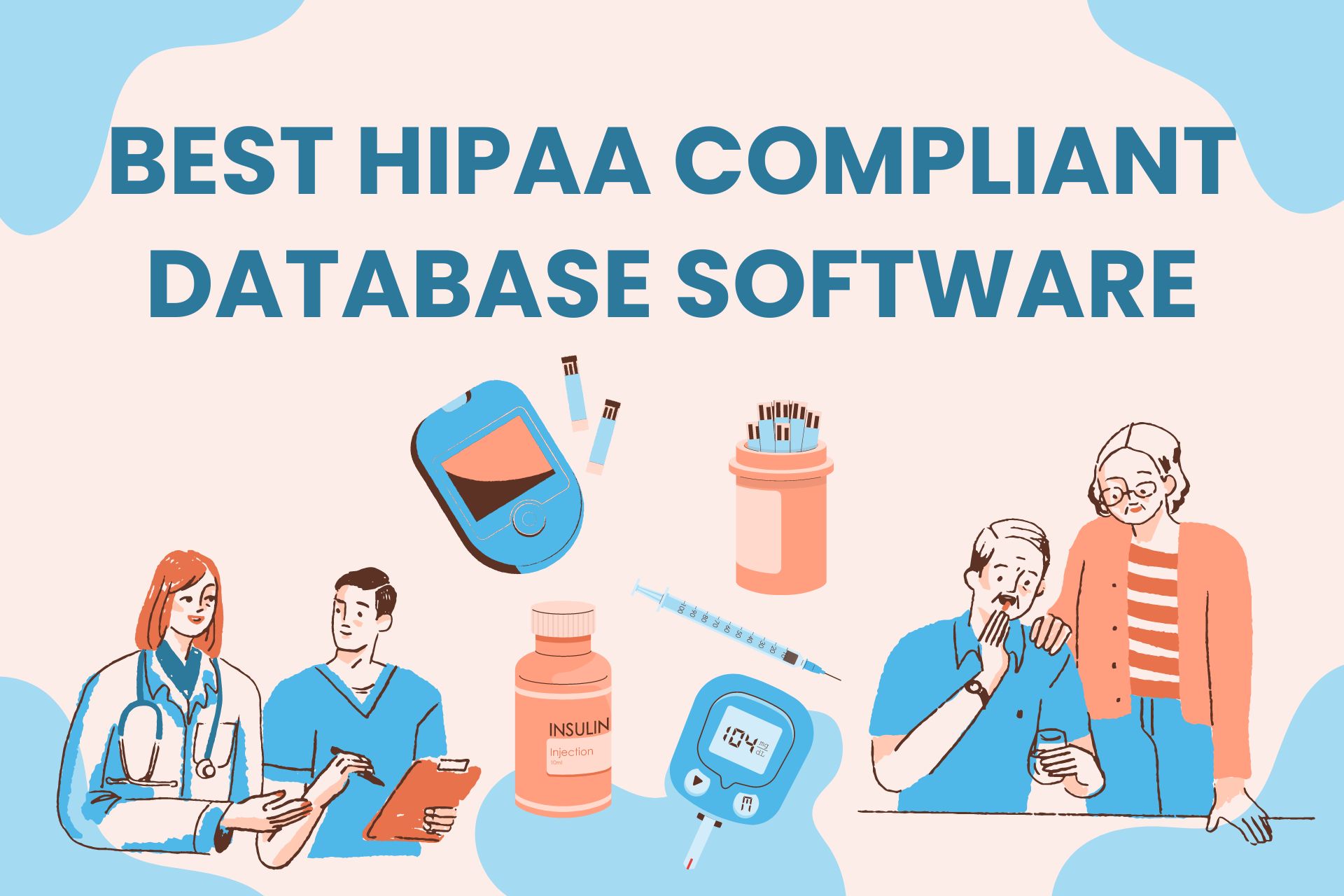Choosing the Right Platform for Your Healthcare App Development
Selecting The Right Healthcare Mobile App Development Platform
Choosing the right platform for healthcare app development is crucial for the success of your digital healthcare solution. With the rapid growth and evolution of the medical industry, mobile apps have become a powerful tool for improving patient care, streamlining processes, and enhancing communication between medical providers and patients. However, with so many platforms available, it can be overwhelming to make the right choice.
In this article, we will explore the importance of choosing the right platform for medical software development and provide an overview of the key points to consider. Whether you are a healthcare organization looking to develop an app in-house or a medical app development company working with clients in the industry, this article will serve as a guide to help you make informed decisions and ensure the success of your healthcare app.
Throughout the article, we will discuss the various factors that need to be considered when selecting a platform, including compatibility with target devices and operating systems, scalability, integration capabilities, and user interface and experience. We will also delve into the different platforms available in the market and highlight their pros and cons. By the end of this article, you will have a clear understanding of the importance of choosing the right platform and be equipped with the knowledge to make the best decision for your medical software development project.
Understanding the Healthcare App Landscape
Understanding the growth and potential of Digital health solutions, the different types of medical apps, and the importance of market trends and user expectations, you can make informed decisions and leverage the full potential of healthcare app solutions in improving health services.
The growth and potential of healthcare software development
Medical app development has witnessed significant growth and holds immense potential for transforming the healthcare industry. With the increasing use of smartphones and the demand for convenient medical solutions, the opportunities for developing innovative health-tech apps are expanding rapidly.
Different types of mobile healthcare apps and their purposes
Medical apps serve diverse purposes and cater to various needs within the hospital ecosystem. There are different types of medical apps available, including telemedicine apps, fitness and wellness apps, medication management apps, and electronic health record (EHR) apps. Each app type has its own unique functionalities and benefits, contributing to improved healthcare outcomes.
Market Trends and user expectations
The healthcare app industry is influenced by market trends and evolving user expectations. Staying updated with the latest trends is crucial for healthcare app developers. This section provides insights into market trends, such as the integration of artificial intelligence (AI) and machine learning (ML) in healthcare apps. Understanding user expectations is equally important, including the need for user-friendly interfaces, seamless connectivity with medical providers, and robust data security measures. By aligning with market trends and meeting user expectations, health-tech app developers can create successful and impactful apps.
Factors to Consider in Platform Selection

Right Platform for Your Healthcare App Development
When choosing a platform for healthcare mobile app development, it is crucial to consider compatibility with the target devices and operating systems. Different devices, such as smartphones, tablets, and wearables, may have varying requirements and specifications. Additionally, the app should be compatible with popular operating systems like iOS and Android. By ensuring compatibility, you can reach a wider audience and provide a seamless user experience across different devices and platforms.
Scalability and future-proofing the app
Scalability is an essential factor to consider when selecting a platform for healthcare app development. As your app grows and attracts more users, it should be able to handle the increasing demand without compromising performance or user experience. Additionally, future-proofing the app involves choosing a platform that allows for easy updates, enhancements, and integration with new technologies. This ensures that your app can adapt to evolving industry standards and meet the changing needs of healthcare providers and users.
Integration capabilities with existing healthcare systems
In the hospital industry, seamless integration with existing healthcare systems is crucial for efficient data exchange and collaboration. The chosen platform should have the capability to integrate with electronic health records (EHR) systems, laboratory information systems, patient management systems, and other healthcare infrastructure. This integration enables healthcare providers to access and exchange patient data securely, streamlining workflows and enhancing the overall patient care experience.
User interface and experience considerations
User interface (UI) and user experience (UX) play a significant role in the success of a healthcare app. The platform should offer tools and features that allow for intuitive and user-friendly UI design. The app should have a visually appealing interface, easy navigation, and seamless interaction. Additionally, consideration should be given to accessibility features, such as font size adjustment and support for users with disabilities. Providing a positive user experience contributes to higher engagement, improved patient satisfaction, and better app adoption rates.
Related Research and Findings
According to CB Insights every aspect of healthcare that has to do with telemedicine, AI, and remote patient monitoring (RPM) got nearly 300% in investment boost.
According to Statista, Google Play and Apple’s App Store have Combined 88,000 mobile health apps and a haphazard search of 325,000 health-related apps.

Number of mHealth apps available in the Google Play Store from 1st quarter 2015 to 3rd quarter 2022
According to data from Research2Guidance, the typical cost to develop a healthcare app is about $425,000.
Evaluating Different Platforms

Making the right decision for healthcare app development
When it comes to healthcare mobile app development, there are several popular platforms to consider. These include native app development for iOS and Android, cross-platform frameworks like React Native and Flutter, and web-based technologies such as Progressive Web Apps (PWAs). Each platform has its own set of advantages and considerations, and choosing the right one depends on your specific project requirements and goals.
Pros and cons of each platform
Native app development: Building native apps for iOS and Android offers the advantage of leveraging the full capabilities of each platform, resulting in high-performance, seamless user experiences. However, developing separate apps for each platform can be time-consuming and require more resources. Additionally, maintenance and updates may need to be done separately for each platform.
Cross-platform frameworks: Cross-platform frameworks like React Native and Flutter allow developers to write code once and deploy it on multiple platforms. This approach can save time and effort compared to developing separate native apps. However, there may be some limitations in terms of accessing platform-specific features, and performance may not be on par with native apps in some cases.
Progressive Web Apps (PWAs): PWAs offer the advantage of being accessible through web browsers, eliminating the need for users to download and install an app. They are cost-effective and can be developed using web technologies such as HTML, CSS, and JavaScript. However, PWAs may not have access to all device features and may not provide the same level of performance as native apps.
It is important to carefully evaluate the pros and cons of each platform based on your project requirements, timeline, budget and desired app capabilities. Consider consulting with an experienced healthcare app developer company or technology experts to determine the most suitable platform for your specific needs.
Making the Right Decision
Before making the final decision on the platform for your healthcare app development, it is crucial to clearly define your project requirements and objectives. Consider the specific features and functionalities you want your app to have, the target audience, and the intended purpose of the app. Understanding these key aspects will help you align your platform selection with your project goals.
Weighing the importance of various factors
When evaluating different platforms, it is important to prioritize the factors that are most important to your project. Factors such as Cost of Developing a Healthcare Mobile app, development time, scalability, user experience, integration capabilities, and long-term maintenance should be considered. Assess the importance of each factor based on your project requirements and weigh them against one another to determine their relative significance in the platform selection process.
Seeking expert advice and recommendations
Choosing the right platform for healthcare app development can be a complex decision. It is highly recommended to seek expert advice and recommendations from experienced professionals in the field. Consulting with healthcare app development companies or industry experts can provide valuable insights, help you navigate through the available options, and ensure that you make an informed decision based on industry best practices and trends.
Recap of key points discussed
Throughout this article, we have explored the importance of choosing the right platform for healthcare app development. We started by understanding the landscape of healthcare apps, including their growth, different types, and market trends. We then dived into the factors to consider in platform selection, such as compatibility, scalability, integration capabilities, and user experience. We also evaluated popular platforms, weighing their pros and cons. Finally, we discussed the process of making the right decision by defining project requirements, weighing factors, and seeking expert advice.
Emphasize the importance of platform selection for successful healthcare app development
Choosing the right platform is a critical decision that can significantly impact the success of your healthcare app development project. It not only affects the technical aspects but also determines the user experience, scalability, and long-term viability of your app. To ensure the best results, it is crucial to partner with a reliable and experienced healthcare app development company. Companies like BharatLogic have a proven track record in delivering innovative and customized healthcare solutions. Their expertise and industry knowledge can guide you in selecting the most suitable platform that aligns with your project goals and requirements. Collaborating with a trusted partner like BharatLogic can enhance the overall development process and help you achieve success in the competitive healthcare app market.
Frequently Asked Questions:-
Q. What factors should I consider when selecting a platform for my healthcare app?
A. Compatibility with target devices and operating systems
Scalability and future-proofing capabilities
Integration capabilities with existing healthcare systems
User interface and experience considerations
Q. Which platforms are popular for healthcare app development?
A. Some popular platforms include iOS (Apple), Android (Google), and web-based frameworks such as React Native and Flutter.
Q. How do I weigh the pros and cons of each platform?
A. Evaluate factors such as development complexity, cost, performance, market reach, and developer community support for each platform.
Q. Should I consult experts for platform selection?
A. Seeking advice from healthcare app development experts can provide valuable insights and help you make an informed decision based on your specific project requirements.
Q. How important is platform selection for the success of my medical app?
A. Platform selection is crucial as it impacts the app’s performance, user experience, scalability, and long-term viability. Choosing the right platform sets a strong foundation for a successful medical app.




